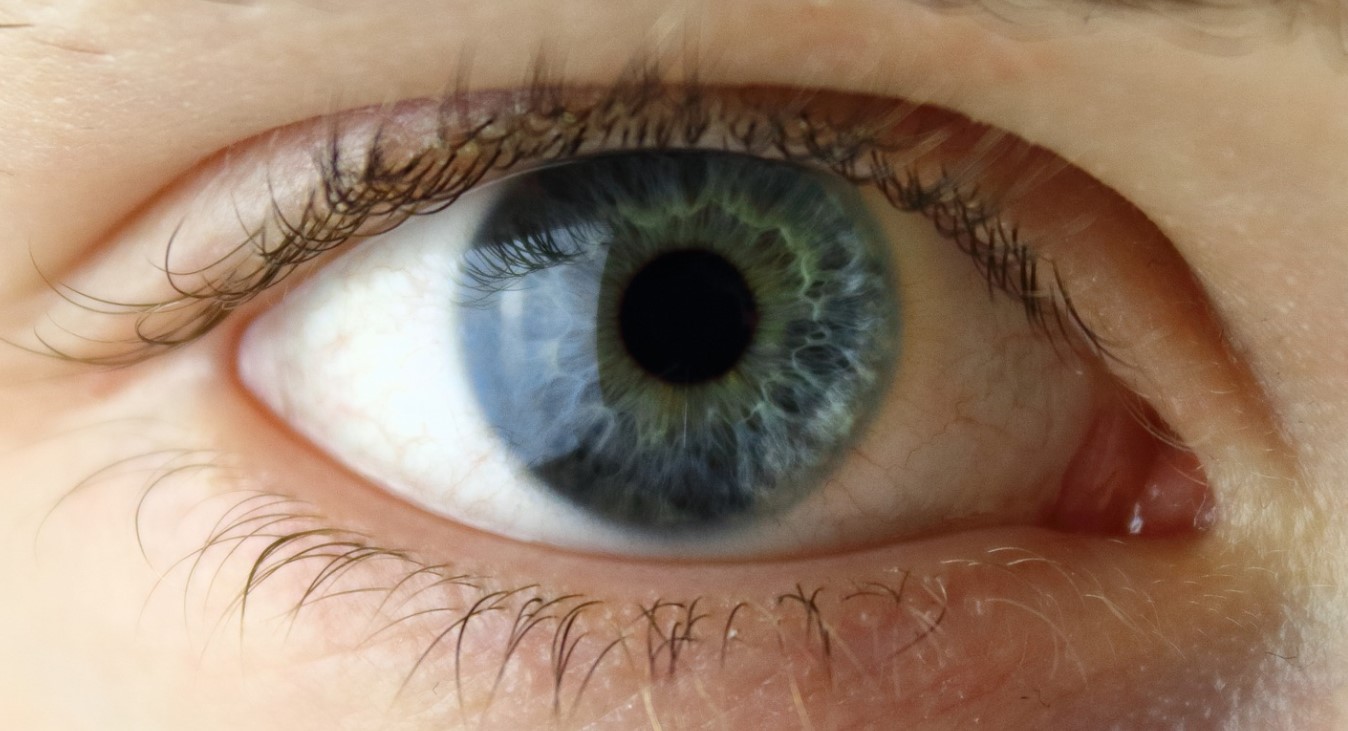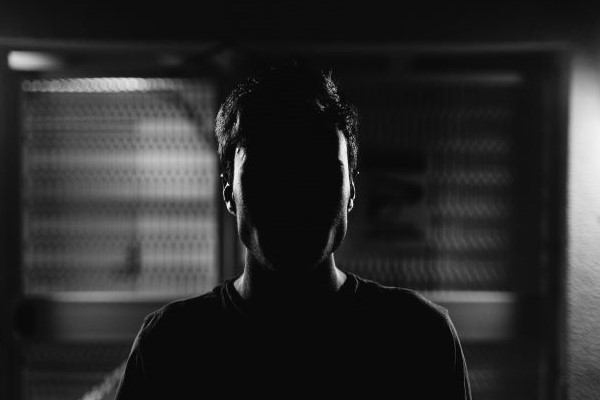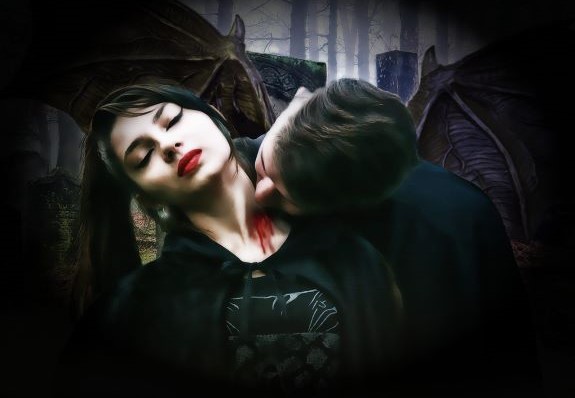

After the vampire acquires the trust of their victim, it is at this moment that they go in for the kill. Whether the vampire in question has been acting as a lost child, a hot date who wants to “get to know you better”, or an old friend or family member, this is the moment when all subtlety is lost and everything the victim thought they knew about the vampire before is betrayed. This betrayal is similar to the betrayal felt by the transformation of the werewolf, but with one main difference: The betrayal here is much more selfish and therefore all the more personal and painful. For, unlike werewolves and zombies, vampires are usually much more intelligent and in control of their bloodthirst. While it is true that vampires carry within them a horrible urge to feast on the living, several stories show how being a vampire could be a manageable condition. There are plenty of examples of vampiric characters who try to live somewhat normal and murder-free lives with success.



So why do most vampires end up becoming monsters? Because they WANT to be monsters. They enjoy the feeling of killing and manipulating the emotions of others. Their victims are not random but targeted and many vampires go to extreme lengths to savor the kill. For vampires are often shown as being more than capable at tricking and killing random strangers to feed on. So why do they cultivate relationships with their victims at all? It is because doing so is that this emotional manipulation is the vampire equivalent of playing with their food. In simple terms, the lives humans lead don’t matter to them in any way. Human beings are nothing but walking, talking, blood banks, no more, no less. Therefore, in a vampire's view, there is nothing immoral about manipulating and betraying a human's emotions, for they are lesser beings. However, this outlook doesn't just stop at humans but includes other vampires as well.
The movie Interview with the Vampire (based on the book by the same name by Ann Rice) does an excellent job showcasing the terrible ways vampires manipulate the emotions of humans AND vampires through the actions of its vampiric characters. Part way through the movie, the main character, a vampire by the name of Louis, wishes to leave the company of the vampire who created him, a vampire named Lestat. In order to keep Louis’s company, Lestat creates a “daughter” by turning a small child named Claudia into a vampire because Louis showed affection towards her. In doing so, Lestat ensures that Louis will not leave him, because if he did he would leave the small child at the mercy of Lestat (See Below).
This emotional manipulation is the largest part of what makes the betrayal of a vampire hurt so much. They know how to use your own emotions against you, how to take what makes you most human and feel most alive and turn it into the instrument of your destruction. It is unnerving the ease at which they can control you without you even realizing it, how they can hit you where you are most vulnerable and turn your greatest joys into your worst nightmares.




